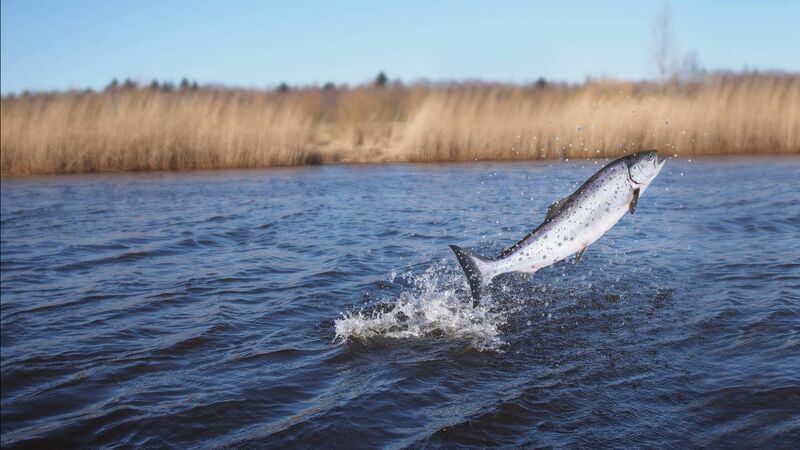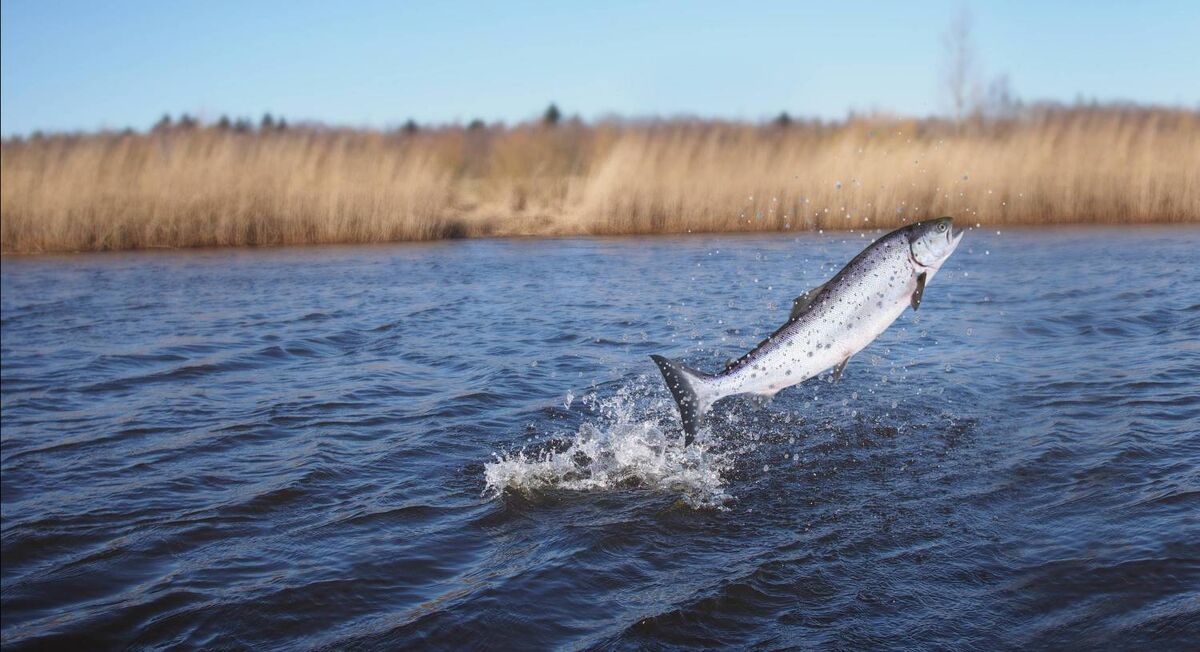UCC study shows climate change impacting native trout


A study by the Environmental Research Institute at University College Cork shows that climate change is impacting the lives of native trout species.
Try from €1.50 / week
SUBSCRIBE
A study by the Environmental Research Institute at University College Cork shows that climate change is impacting the lives of native trout species.
Already a subscriber? Sign in
You have reached your article limit.
Annual €130 €80
Best value
Monthly €12€6 / month
Introductory offers for new customers. Annual billed once for first year. Renews at €130. Monthly initial discount (first 3 months) billed monthly, then €12 a month. Ts&Cs apply.
Newsletter
Keep up-to-date with all the latest developments in Farming with our weekly newsletter.
Newsletter
Keep up-to-date with all the latest developments in Farming with our weekly newsletter.
Newsletter
Sign up to the best reads of the week from irishexaminer.com selected just for you.
Newsletter
Keep up with stories of the day with our lunchtime news wrap and important breaking news alerts.
Saturday, February 7, 2026 - 11:00 PM
Saturday, February 7, 2026 - 9:00 PM
Saturday, February 7, 2026 - 12:00 PM
© Examiner Echo Group Limited